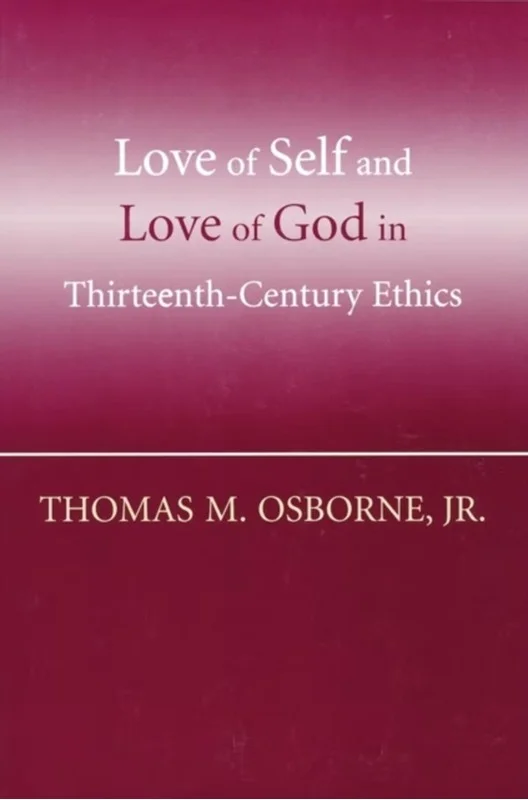Christianity and Culture in the Middle Ages - - Bog - University of Notre Dame Press - Plusbog.dk
This volume celebrates the remarkable scholarly career of medieval historian John Van Engen with eighteen exceptional essays contributed by Van Engen’s colleagues and former doctoral students, a group that includes some of the best established scholars of the Middle Ages as well as leading younger ones. Together, their work reflects the wide-ranging but coherent body of John Van Engen’s own scholarship. In a section on Christianization, Ruth Mazo Karras explores medieval marriage, Lisa Wolverton offers a new model of the Christianization of Bohemia, R. I. Moore examines the historiography of the Cathars, and Christine Caldwell Ames links the inquisition with medieval and modern concepts of popular religion. Under the rubric of twelfth-century culture, Maureen C. Miller uses eleventh-century Roman frescoes to rethink reform, Jonathan R. Lyon unpacks Otto of Freising’s notions of advocacy and tyranny, Rachel Koopmans traces testimonial letters associated with the cult of Thomas Becket, Dyan Elliot deliberates on the importance of what she calls counterfactual, or alternative, realities in twelfth-century thought and literature, and Giles Constable traces manifestations of the cross in monastic life. Three essays study Jews and Christians in society. Susan Einbinder probes the connections between martyrdom, politics, and poetry in thirteenth-century Castile, William Chester Jordan traces anti-Judaism in the Christina Psalter, and David C. Mengel highlights the significance of urban space for Jews in fourteenth-century Prague and Nuremberg. Lastly, contributors explore topics in late medieval religious life, a special focus of Van Engen’s scholarship. Walter Simons edits and analyzes a letter defending beguines in the Low Countries, William J. Courtenay traces the effects on pastoral care of papal provisions to university scholars, and James D. Mixson reinterprets the fifteenth-century treatise Firefly . An essay by Marcela K. Perett looks at vernacular anti-Hussite treatises, Daniel Hobbins employs a fifteenth-century Italian story about Antichrist to consider hearsay, belief and doubt, and Roy Hammerling contemplates Martin Luther’s understanding of himself as a beggar.

















































